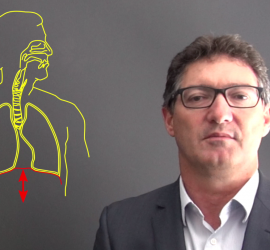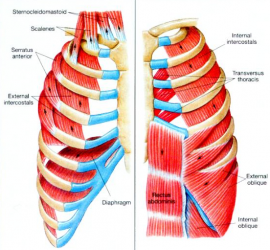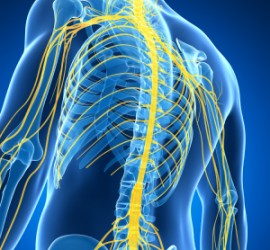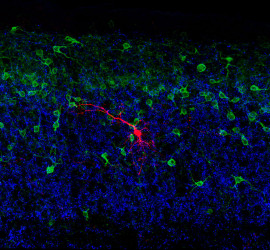How common are sleep disturbances in multiple sclerosis? 1
Sleep disruption and sleep-disordered breathing (repetitively stopping breathing or insufficient breathing during sleep), may be important factors in the management of multiple sclerosis (MS). MS is a chronic autoimmune disease of the central nervous system. Types of sleep-disordered breathing include obstructive sleep apnea and central sleep apnea. Obstructive sleep apnea […]










